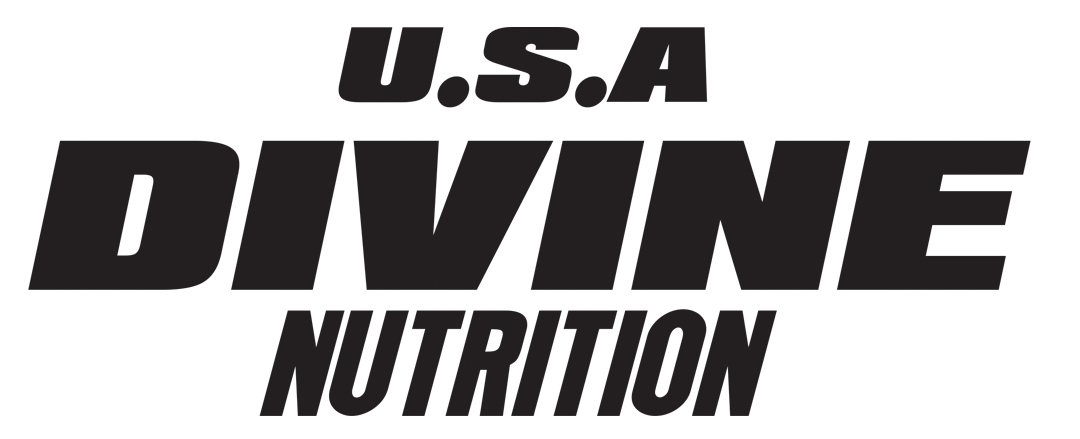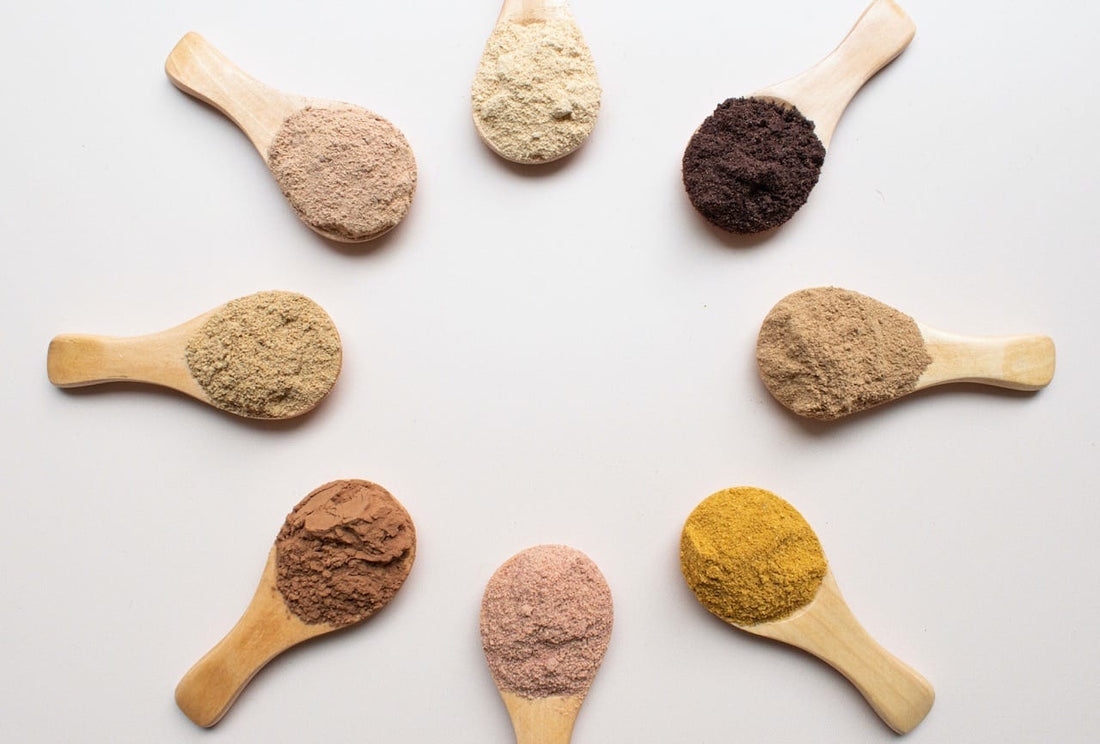Table of Contents
Introduction
Whether you're aiming to build muscle, lose weight, or enhance your overall health, choosing the right protein powder is crucial. Whether your goal is to build lean muscle, support weight management, or enhance overall wellness, we'll equip you with the knowledge and tools needed to choose the best protein powder for your specific needs. In this blog, we'll walk you through the essential steps and considerations to help you make an informed decision that aligns with your fitness goals.
When Do You Plan to Incorporate Your Protein Powder into Your Routine?

Before diving into the types and qualities of protein powder, it's important to consider when and how you'll be using it. Are you planning to consume it as a pre-workout boost, post-workout recovery aid, or as part of your daily meals? Understanding your timing and usage preferences will guide your selection process and ensure optimal results.
Identify Your Fitness Goals

The first step in choosing the right protein powder is to identify your fitness goals. Are you looking to build lean muscle mass, support weight loss, or improve overall fitness and recovery? Each goal may have different nutritional requirements, making it essential to clarify your objectives before selecting a protein powder that fits your needs.
For example, if muscle building is your primary goal, you may benefit from a protein powder with a higher protein content and amino acid profile to support muscle repair and growth. On the other hand, if weight management is your focus, you might prefer a protein powder with added thermogenic ingredients or meal replacement properties.
Types of Whey Protein

Whey protein is one of the most popular options due to its high-quality protein content and rapid absorption rate. There are three main types of whey protein: concentrate, isolate, and hydrolysate.
- Whey Protein Concentrate: This type retains more fats and carbohydrates, making it a cost-effective option with a slightly lower protein content per serving. It's suitable for general fitness goals and everyday use.
- Whey Protein Isolate: With higher protein content and lower levels of fats and carbohydrates, whey protein isolate is ideal for those aiming for lean muscle growth and reduced calorie intake. It's also suitable for lactose-sensitive individuals.
- Whey Protein Hydrolysate: This form of whey protein undergoes partial hydrolysis, making it easier to digest and absorb quickly into the bloodstream. It's often used in post-workout supplements for rapid muscle recovery.
Consider your fitness goals and dietary preferences when choosing between these whey protein types. For example, if you're lactose intolerant, whey protein isolate or hydrolysate may be more suitable options.
ICON ISOLATE
Buy Now
Check for Protein Content and Purity
When evaluating protein powders, pay close attention to the protein content per serving. A higher protein content ensures you're getting sufficient protein to support your fitness goals without excess fillers or additives. Additionally, opt for protein powders with minimal added sugars, artificial flavors, and preservatives for optimal purity and nutritional value.
Look for its Amino Acid Profile!
Amino acids are the building blocks of protein and play a crucial role in muscle building, repair, and recovery. Assess the amino acid profile of your chosen protein powder, focusing on essential amino acids like leucine, isoleucine, and valine, which are key for muscle protein synthesis. A protein powder with a balanced amino acid profile can enhance muscle growth and recovery post-exercise.
Factor in Flavor and Taste Preferences
While the nutritional quality of protein powder is paramount, enjoying the taste and flavour can impact your consistency in consumption. Experiment with different flavours and formulations to find one that suits your taste buds and makes your protein shakes or meals enjoyable. Popular flavours include chocolate, vanilla, strawberry, and various fruit blends.
Seek Professional Advice if Necessary
If you're unsure about which protein powder is best for your fitness goals or have specific dietary restrictions, don't hesitate to seek professional advice. Consult with a registered dietitian, nutritionist, or fitness expert who can provide personalised recommendations based on your individual needs and preferences. They can also help you navigate potential allergens or sensitivities to ensure safe and effective supplementation.
Conclusion
In conclusion, selecting the perfect protein powder requires careful consideration of your fitness goals, dietary preferences, and product qualities. By understanding the types of whey protein available, checking protein content and purity, evaluating amino acid profiles, considering flavor preferences, and seeking professional advice if needed, you can make an informed decision that supports your fitness journey.
Remember, consistency is key in achieving your fitness goals, so choose a protein powder that not only meets your nutritional needs but also excites your taste buds and fits seamlessly into your daily routine. With the right protein powder by your side, you'll unlock your full potential and maximise your fitness gains
Frequently asked questions
Can protein powder help with weight loss?
Yes, protein powder can support weight loss by promoting satiety, reducing cravings, and maintaining muscle mass, which is important for a healthy metabolism. Pair it with a balanced diet and regular exercise for best results.
Is whey protein suitable for vegetarians?
Whey protein is derived from milk, so it is not suitable for vegans. However, vegetarian-friendly whey protein isolate options are available, which are processed to remove lactose and fat, making them suitable for lacto-vegetarians or those with lactose intolerance.
How much protein powder should I consume per day?
Protein needs vary by age, gender, activity level, and fitness goals. As a guideline, sedentary individuals can aim for 0.8–1g per kg of body weight per day, while active individuals or those building muscle may require 1.2–2g per kg.
Are there any potential side effects of consuming protein powder?
When used as directed, protein powder is generally safe. Excessive intake can cause digestive issues like bloating or gas. Follow recommended serving sizes and consult a healthcare professional if adverse reactions occur.


